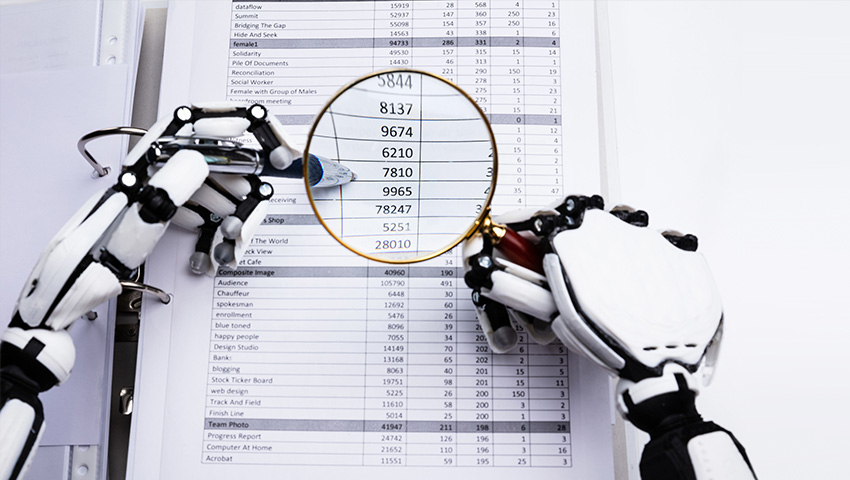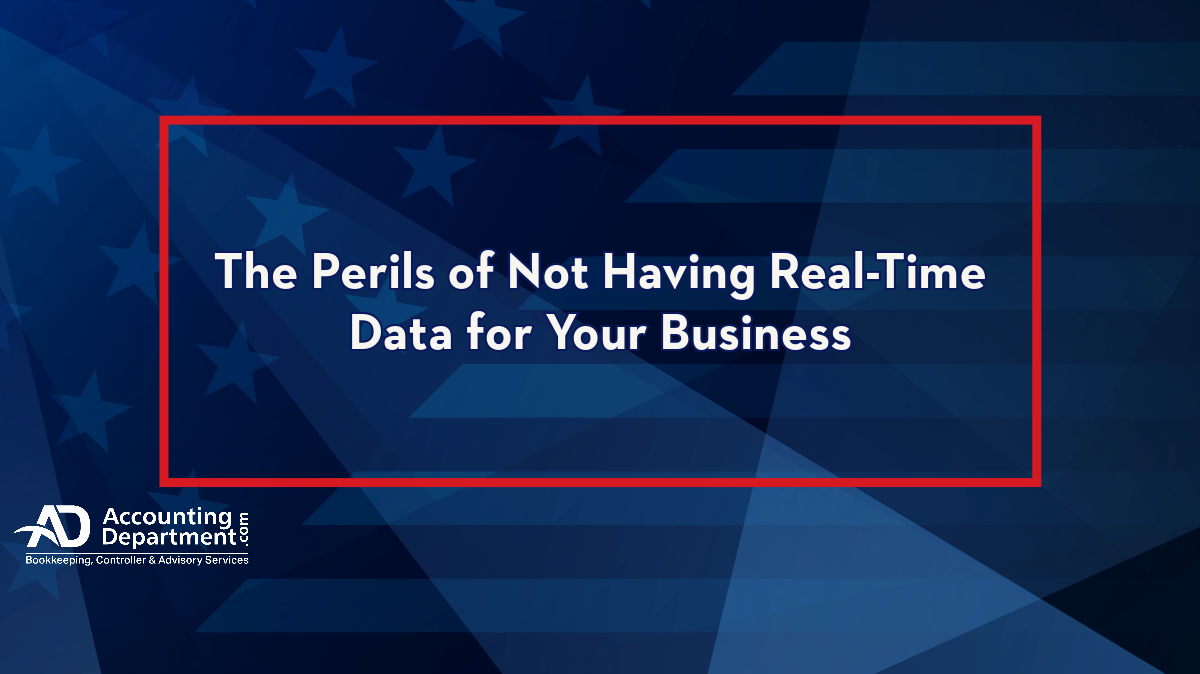The accounting profession will not be immune to recent and future advances in AI. There’s a lot of hand wringing out there in the accounting community, among others, about how AI might impact their jobs or even make them obsolete.
This is the wrong way to think about AI.
As with the advent of cloud computing, AI can be a boon to the profession and simply make the job more accurate and less labour intensive, freeing up accounting professionals to do more of the ‘human work’.
Let’s take look at some of the ways that AI can be harnessed by the accounting community.
What are the industry experts saying about AI and accounting?
Before we get into the nuts and bolts, we recently chatted with accounting professional and keynote speaker, Clayton Oates, about ways accountants, bookkeepers, and business advisors should be framing and conceptualising AI.
“The headlines talk about things like ‘AI is here to take your role’, said Clayton.
“It reminds me a bit of what the introduction of cloud was like 10 years ago. It’s being driven by fear really.”
“I’m seeing this renewed confidence that we’re ultimately in the relationship business. We just happen to do accounting or bookkeeping. So, I would say to double down on your professional and personal development. Learn the skills that AI can’t.
“We need to be able to reveal the story behind the numbers and communicate that story to small business owners in a way that relates to them.”
“Our skill is in being the connector and the bridge between information and actionable insights. I’m seeing people put more effort and energy into things they can control.
“That means using AI tools, as exactly what they are – tools to enhance your (and your client’s) efficiency and productivity.
“So, try not to look through the lens of fear that says, ‘it will take something from me’. But rather, ‘how can I use that tool to enhance the client experience?’.
“We do have a lot of hype around AI. We’re way up in the hype cycle of overinflated expectations and we’ve got a trough of disillusionment coming before the productivity plateau.
“But we’ve seen this before with various iterations of technological change in our profession and we will see it again”, Clayton continued.
“I think accounting professionals are very well placed to embrace change. Accounting and bookkeeping professions have been in flux for a long time. We’ve successfully navigated change before and will continue to do so, which means that we’re in a very good position by being adaptable and resilient.”

In what ways can accountants embrace and use AI in their roles?
AI can certainly be a tool that can enhance efficiency and improve decision making. Let’s take a closer look at the kinds of tasks and functions that can be streamlined by harnessing AI.
Automate repetitive tasks
AI can be utilised to automate routine and repetitive tasks such as data entry, invoice processing, and reconciliation. This allows accountants to focus on the more complex and strategic aspects of their roles.
Data analysis to generate better insights and predictions
AI-powered analytics tools are now able to process huge volumes of financial extremely data quickly. This allows sharper and swifter business and financial insights.
Accountants can use these insights to make better decisions, identify trends, perform enhanced predictions, and essentially give more valuable advice to their clients. This is particularly beneficial when it comes to budgeting and cashflow prediction.
Fraud detection
AI algorithms can be harnessed to help detect patterns and anomalies in financial data, helping accountants identify potential instances of fraud. This will of course enhance their client’s overall financial security.
Chatbots for customer service
As with many professions, AI chatbots can help handle routine customer inquiries. This will allow accountants to focus on more complex issues and value creation. By using chatbots, accountants can improve their overall customer service results and free up time for more strategic tasks and client work.
Expense management
AI can assist accountants to streamline regular expense management processes by automating the categorisation and approval of expenses. This will help reduce time spent on manual reviews and will ensure compliance and accuracy.
Risk assessment and management
AI can assist in identifying and assessing financial risks by analysing market trends, regulatory changes, and other relevant factors. This information is highly valuable to clients and accountants can deploy such risk assessment to develop better and more accurate risk mitigation strategies.
Machine learning for automated tax compliance
Machine learning has the potential to cut down on time spent assessing shifting tax rules. Algorithms can essentially be created to help accountants stay updated on tax regulations and changes. This of course helps to ensure compliance and reduces errors.
Blockchain and AI can be used for auditing
For auditors or accounting professionals involved in auditing, there’s the potential to combine AI with blockchain technology. In this way audits can become increasingly transparent and auditors can create a secure and immutable record of financial transactions, reducing the likelihood of fraud.
Highly personalised financial advice
AI can be deployed and trained to provide personalised financial advice to clients based on their individual financial data and goals. This can help accountants offer more tailored services which are far more valuable to a client than general advice.
At the end of the day, AI is here to stay and should be seen as a tool to be harnessed to create value for a client, not a threat that should be shunned. It will take time for these tools to become more widespread and integrated into common accounting workflows, but it’s best to start thinking about these eventualities now, as your competitors sure will be…




